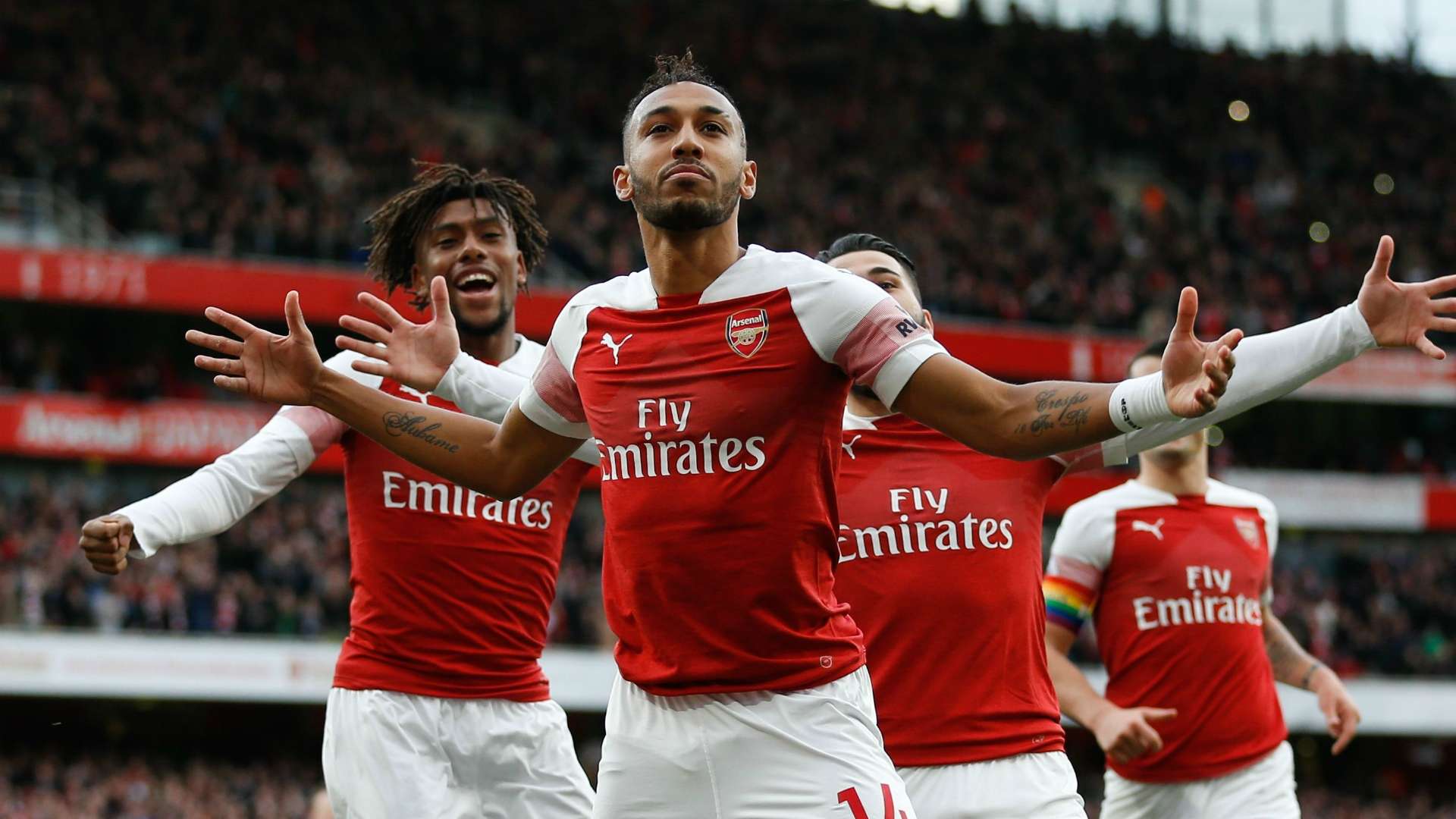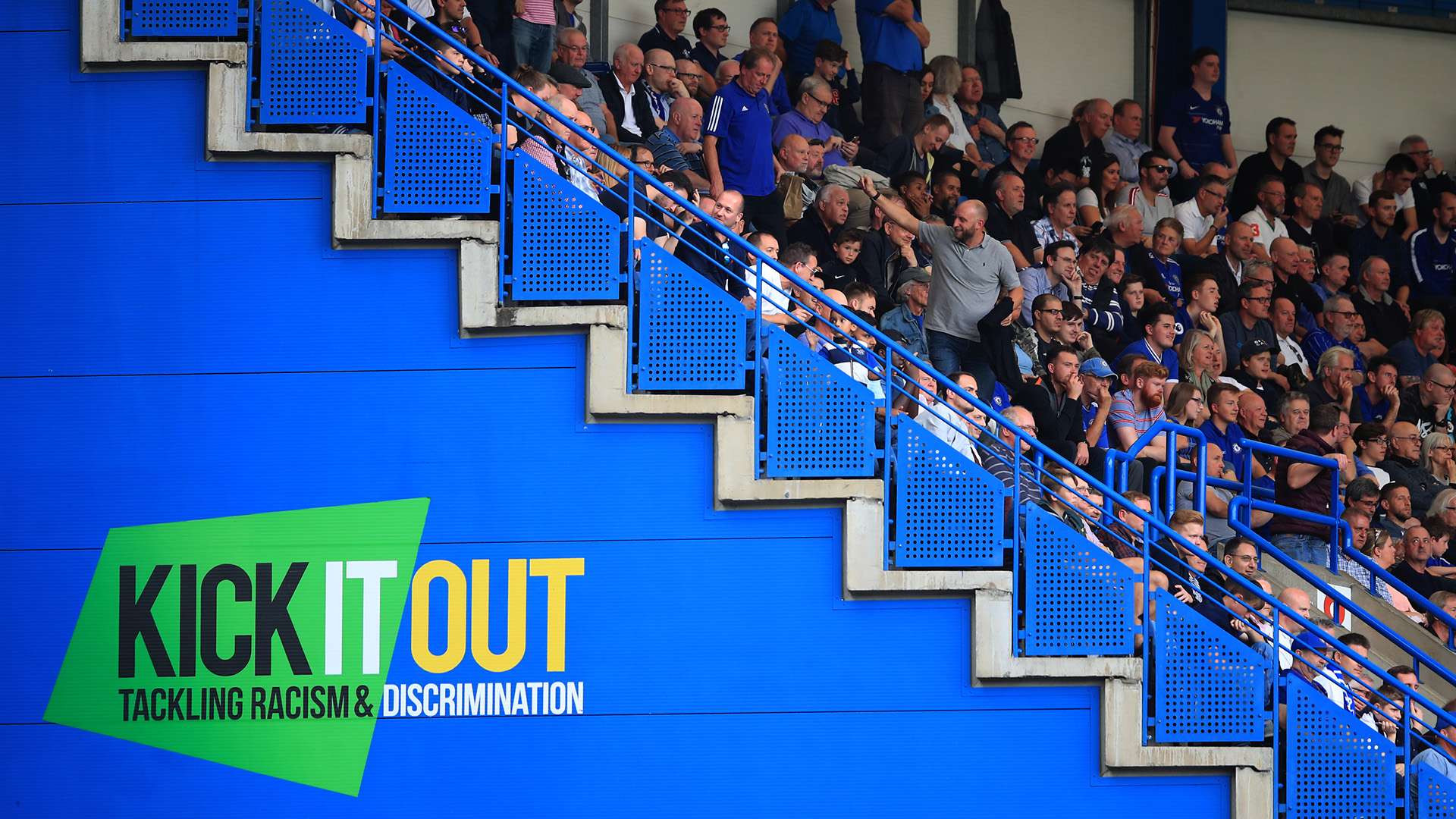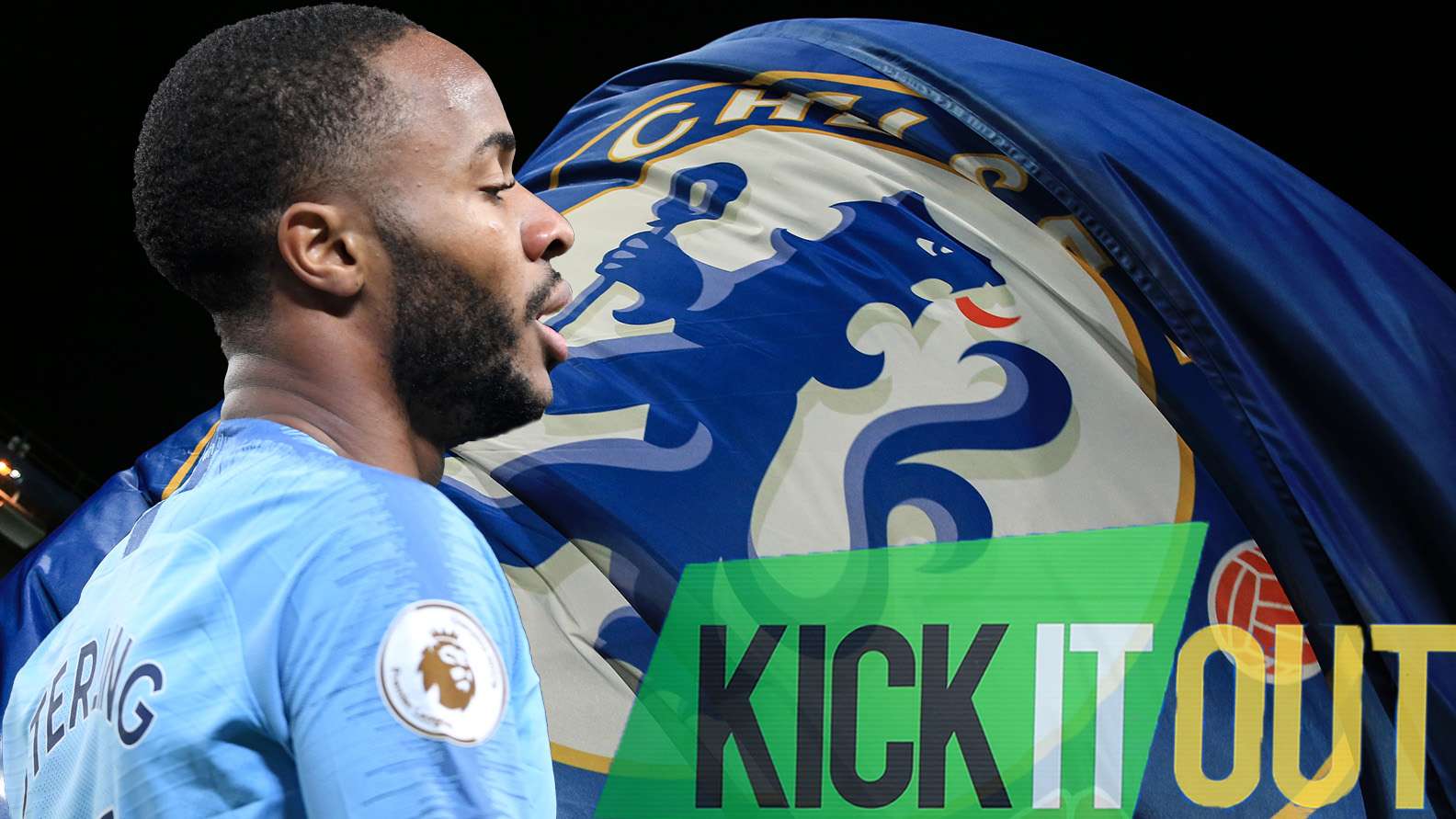I can’t write about Raheem Sterling and the alleged racist abuse to which he has been subjected from the perspective of a black person. And I don’t know what it is like to be racially abused, whether consciously or subconsciously. I cannot live that experience so why should you read about how I see it?
I know it’s wrong, that goes without saying. But adding another white voice to it is not going to achieve anything new.
That is best left to ethnic minority voices; those who know what it’s like first-hand, and who see things from a much different viewpoint than I do. There have been great things written this week by Stan Collymore, by Darren Lewis, Musa Okwonga and more no doubt.
Those are authentic voices; those are the voices that might not necessarily make you see things from another perspective but at least tell you that another perspective exists.
Think of how preposterous it is that Piers Morgan is inviting Raheem Sterling onto his breakfast television programme for a “fair hearing”. A fair hearing for what? What has Sterling done wrong?
Morgan is unwilling to countenance the suggestion that newspaper and television coverage of young black sports stars in this country could - perhaps - embolden to racists to shout the N-word or "f*cking black c*nt".
For him, and many more, it’s like no other perspective exists.
The former Chelsea captain, John Terry, was found to have used those exact words against Anton Ferdinand in a match against Queens Park Rangers in 2011 according to an FA verdict. He was fined and served a four-match ban. Terry was cleared in a criminal trial.
Chelsea’s further punishment of Terry, whatever that might have been, remained under wraps. But he played around another five seasons for the club, as captain, and was given a rousing send off when he finished his career at the Bridge. Whatever the punishment was it can’t have been too bad.
Did Chelsea, then, send a message that this particularly foul racist insult was somehow acceptable if the circumstances around it were nuanced enough?
Although the Sterling abuse took most of the headlines, largely because of the player’s own Instagram response, there is a trend of racist behaviour in the British game. Last week a Tottenham fan threw a banana skin at Pierre-Emerick Aubameyang after his goal for Arsenal. Two Hearts fans have been arrested for the racist abuse directed at Motherwell’s Christian Mbulu.
 Getty
Getty
I usually travel to cover games by train. I see things away from the stadium; things that form part of the regular fan’s matchday experience.
On at least two occasions last season I was close enough to hear, first-hand, racist abuse. And this is where I feel a deep sense of shame and personal regret because I didn’t speak up. I didn’t say anything.
The Bystander Effect. It’s been said that all bad men need to triumph is for good men to look on and do nothing.
It shouldn’t be perplexing, and it shouldn’t be a moral conundrum. Stand up, speak up. I didn’t do it. I reasoned that I might be putting myself in danger or else that someone else might speak up instead.
The first time, I was coming back from Rochdale after an FA Cup match against Tottenham last season. The last Spurs fans to leave the town were definitely worse for wear after a day of drinking. I didn’t like being near this particular group.
Out it came.
"Sol, Sol, wherever you may be / you're on the verge of lunacy / and we don't give a f*ck if you're hanging from a tree / you Judas c*nt with HIV."
I kept my head down and waited for my stop.
After the FA Cup final last season, I took the tube from Wembley Park back towards London. Again, the rush had died down and there was plenty of space in the carriages. Two Chelsea fans got on. They were loud and obnoxious, and they sang.
"Vieira, wo-oh / Vieira, wo-oh / he plays for Arsenal / his mum’s a cannibal."
There was a black dad with his children just further along. Again, I dithered, wondering if it was my place to say anything. I exited at King’s Cross.
 Getty
Getty
Those were cowardly acts on my part. The sort of cowardice that emboldens racists and makes them believe their hate is tolerable. It’s not.
After the Chelsea case, I resolved to speak up the next time I heard something. And I will because it will happen again. Those are not the only two examples of public racism that have occurred around British football in the past year. It happens because few of us have the guts to speak up.
We cannot in this context look at football in isolation. Smartphones are intrusive but have proven quite useful in detecting racist behaviour.
There have been numerous examples of black and ethnic minority people being subjected to racist abuse on trains, on planes, on the tube and on buses lately with the perpetrator out in full view for the world to see.
You’ll see people who would probably consider themselves upstanding members of society screaming abuse or making racists comments.
And, simply put, if it’s in football, it’s in society. A football match is just another place where racists can go to express their racism.
I will try harder, and to make the world a more hostile place for racists. Maybe together we might shame them into decency.
